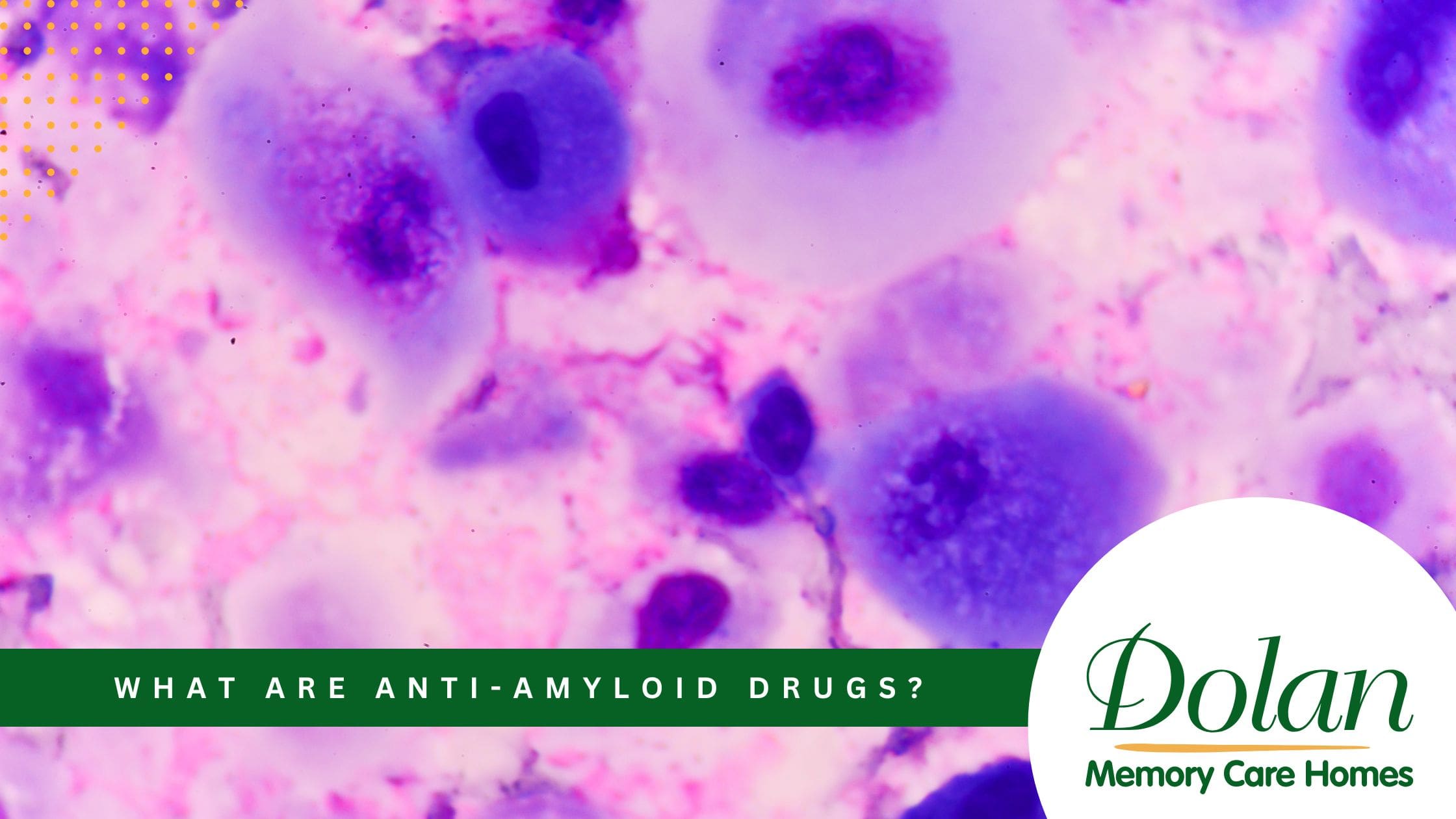[et_pb_section fb_built=”1″ _builder_version=”3.29.3″ fb_built=”1″ _i=”0″ _address=”0″][et_pb_row _builder_version=”3.29.3″ _i=”0″ _address=”0.0″][et_pb_column type=”4_4″ _builder_version=”3.29.3″ _i=”0″ _address=”0.0.0″][et_pb_text _builder_version=”3.29.3″ hover_enabled=”0″ _i=”0″ _address=”0.0.0.0″]
Some call it soda, others “pop”, but scientists call it something else: a cause for concern.
The artificial sweeteners in diet sodas have been shown to be a risk for many health concerns, including heart conditions, metabolic issues and obesity. In 2017, research from the American Heart Association added a risk for dementia to that list of risks.
For ten years, researchers followed nearly 4,500 adults to track their eating and drinking habits in addition to recording which participants suffered a stroke or developed a dementia.
The participants who consumed at least one artificially-sweetened beverage a day were almost three times as likely to either have a dementia or a stroke compared to their counterparts who drank less than one of those beverages a week.
To ensure the strokes and dementia diagnoses were correlated to the consumption of diet beverages and not other factors, researchers adjusted the findings for genetic risk, exercise, caloric intake, healthy eating habits, gender and age. The findings were the same: regardless of these factors, study subjects were still three times more likely to have the stroke or dementia diagnoses.
The lead researcher, Matthew Pase, emphasized several points important to note. First, the strong correlation between these beverages and stroke and dementia is just that-a correlation, not a causation. He also highlighted the fact that there are many different types of artificial sweeteners used in diet sodas and other beverages; this study did not distinguish between the different types.
All this to say: the study findings supports evidence that diet beverages are not as healthy of an alternative to sugary drinks and many people would like to believe.
Pase says “We recommend that people drink water on a regular basis instead of sugary or artificially-sweetened beverages”.
To bolster your health against your risk for a dementia diagnoses or stroke, among many other serious conditions, consider incorporating more water to your daily eating and drinking habits in addition to the multitude of other protective factors proven to reduce your risk.
Dolan Memory Care Homes strives to provide the community with resources to educate regarding dementia prevention. At Dolan Memory Care Homes, we encourage diets that honor individual’s wishes and preferences.
https://www.aarp.org/health/healthy-living/info-2017/diet-soda-high-risk-dementia-stroke.html
[/et_pb_text][/et_pb_column][/et_pb_row][/et_pb_section]




